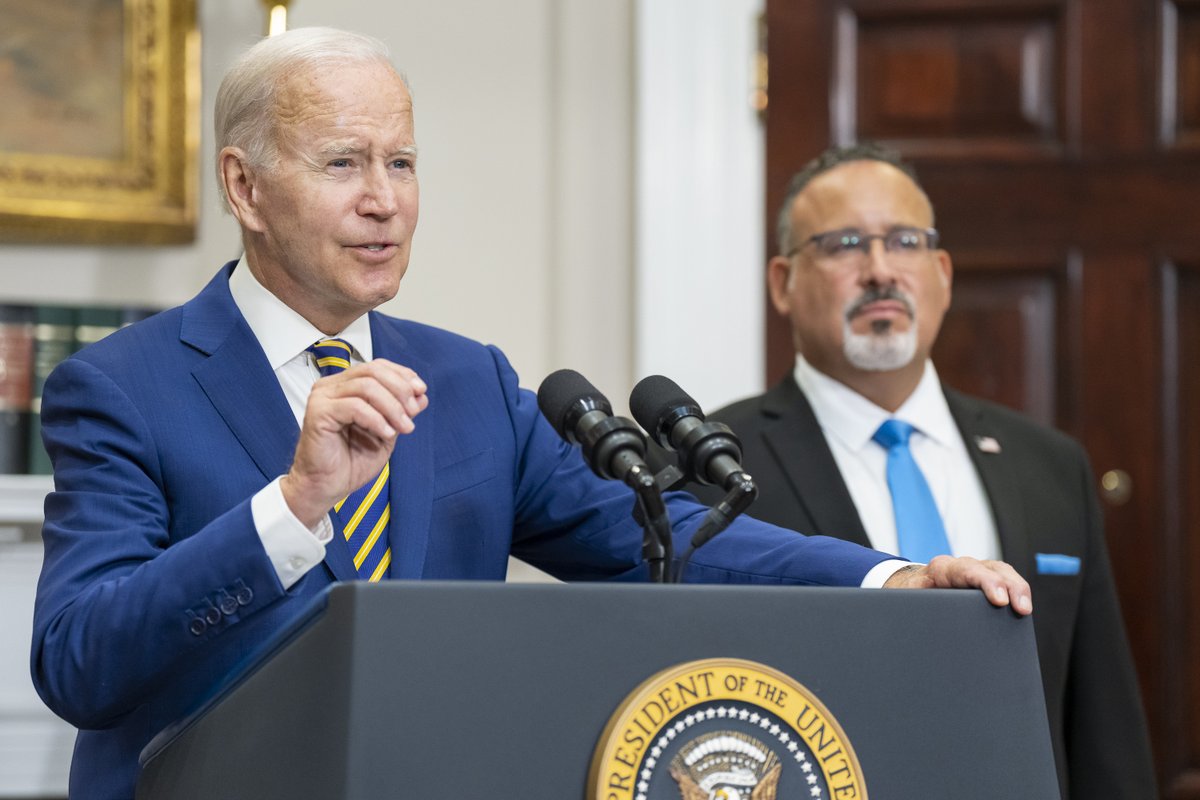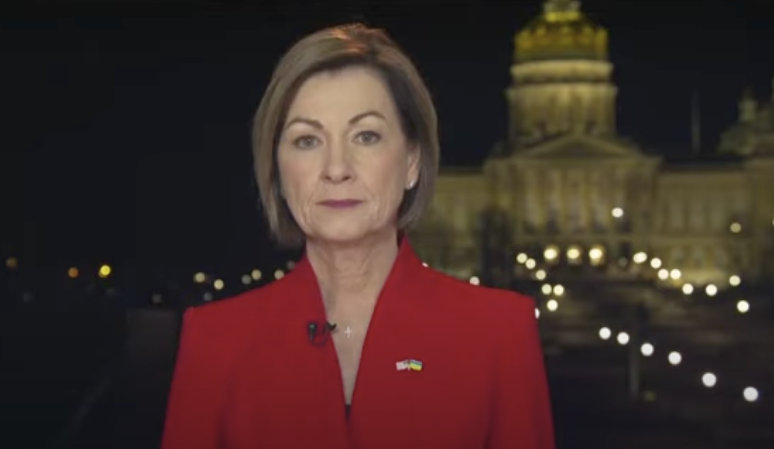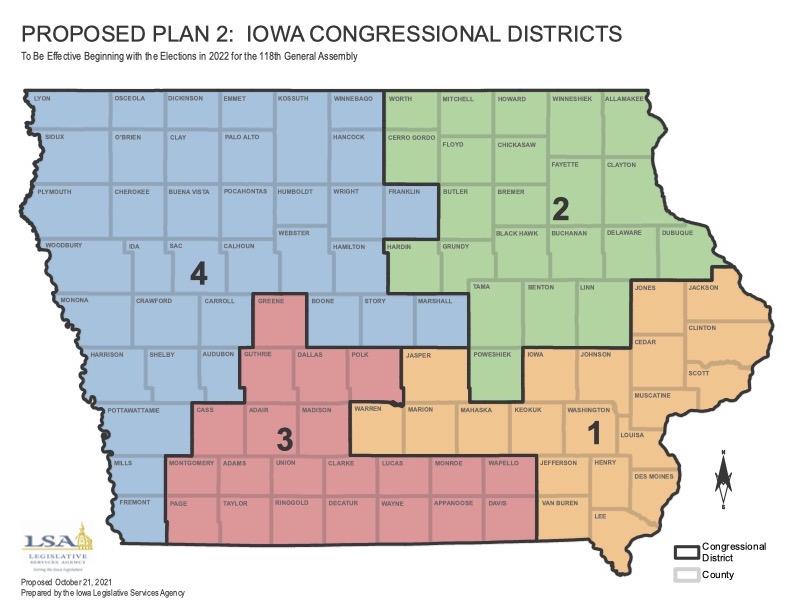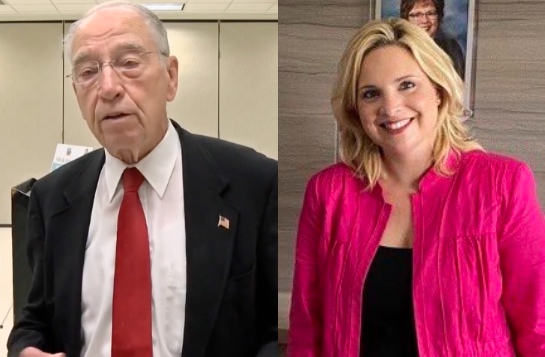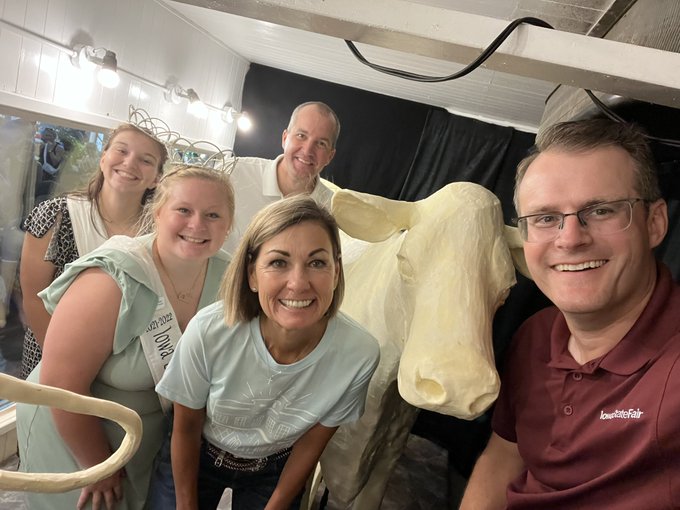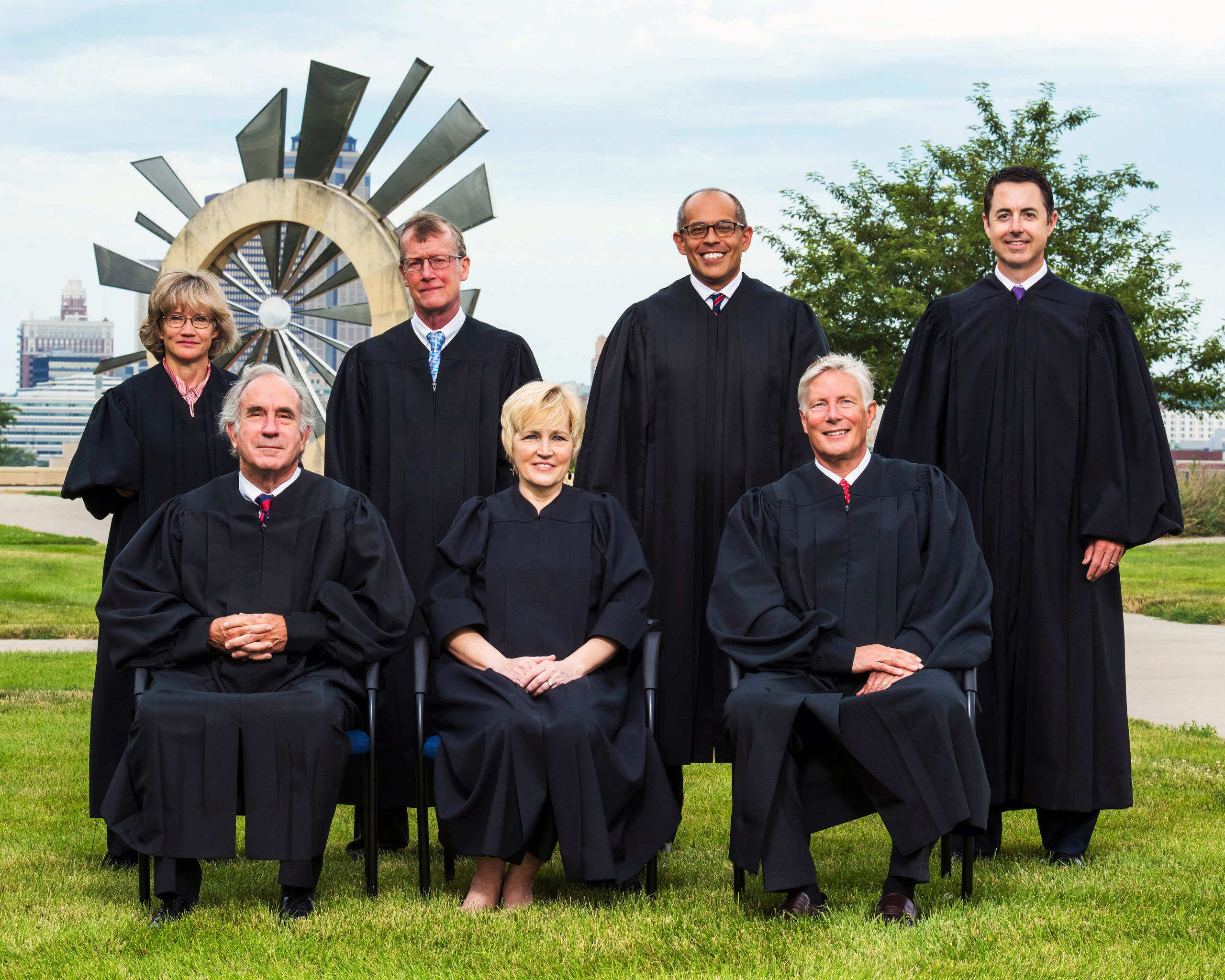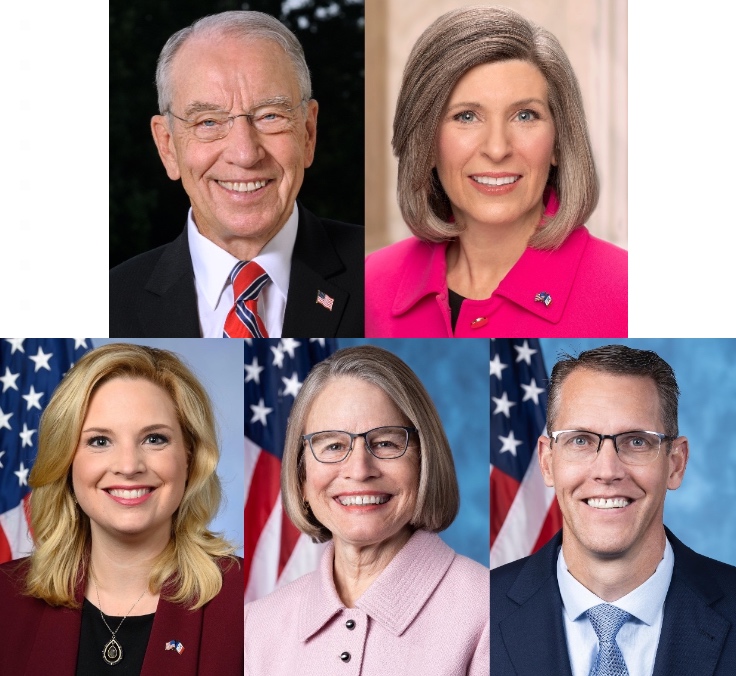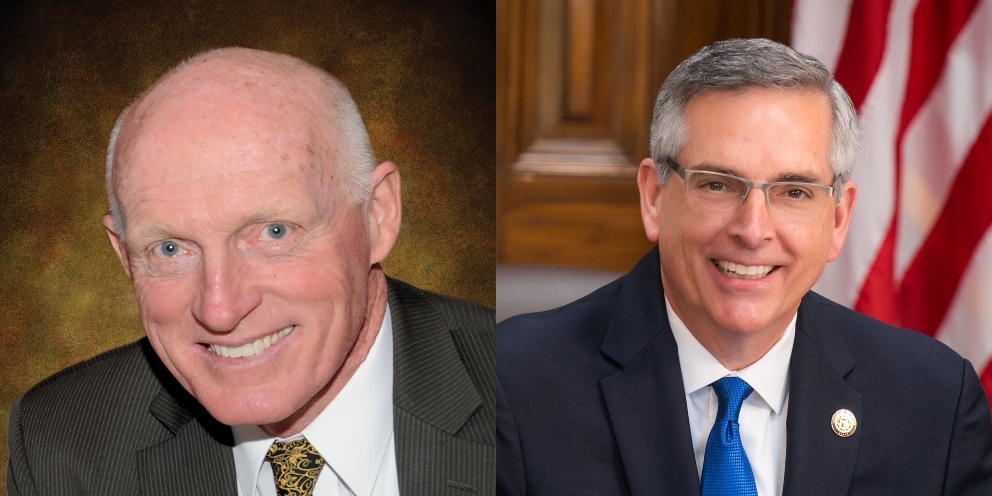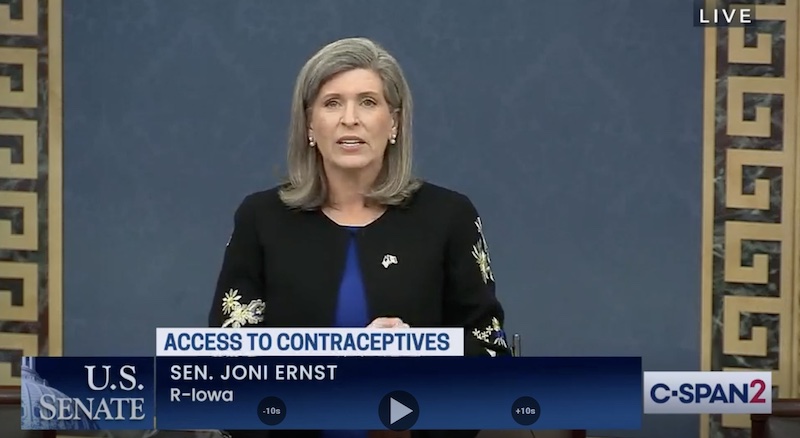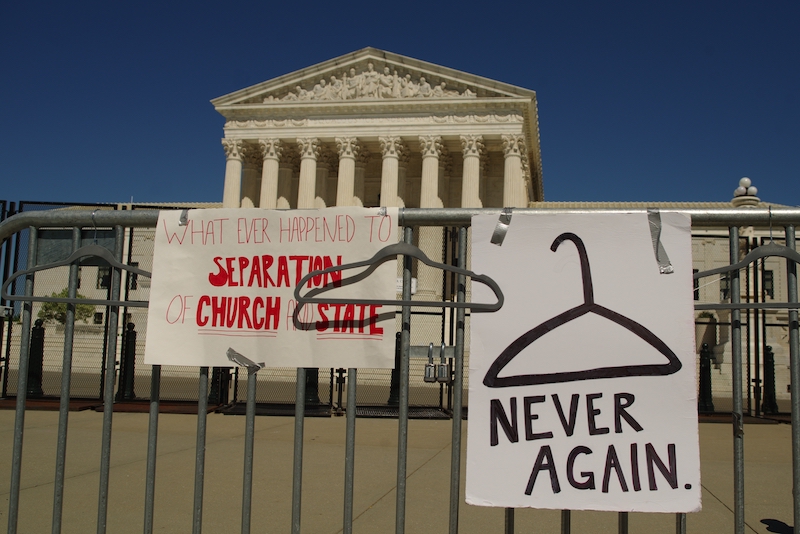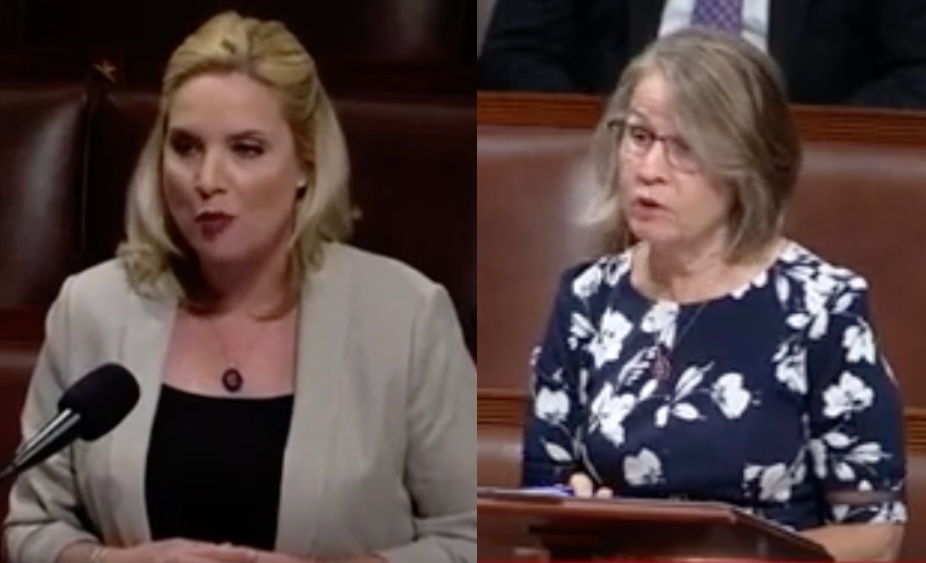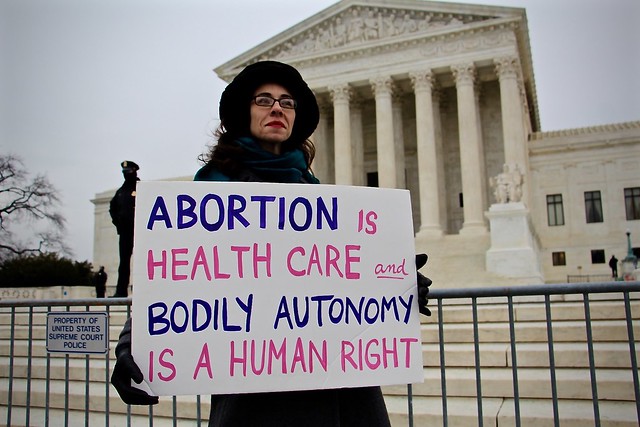This column by Rick Morain first appeared in the Jefferson Herald.
U.S. Senate Democrats passed their omnibus Inflation Reduction Act on August 7 by 51 votes to 50, with Vice President Kamala Harris casting the tie-breaking vote. They did so under so-called “reconciliation” rules, which require only a simple majority to pass bills related to appropriations, rather than the usual filibuster-blocking 60-vote margin.
The bill then went to the House, where Democrats approved it on a party-line 220 to 207 vote on August 12. President Joe Biden is expected to sign the bill this week.
The measure contains a number of provisions dear to the hearts of Democrats and many moderates: empowering Medicare to negotiate prices for several key drugs, capping Medicare recipients’ out-of-pocket costs at $2,000 a year, climate control incentives, extension of federal health care subsidies, a 15 percent minimum tax for most corporations whose profits exceed $1 billion a year, and other long-sought goodies.
By raising more money than the act will spend over a 10-year period, it will also enable the government to pay down some of the national debt by several hundred billion dollars. That hasn’t happened for the past 25 years.
A section of the act that particularly irritates Congressional Republicans – and many of their well-heeled donors – increases the funding of the Internal Revenue Service (IRS) by $80 billion over the next 10 years. A little more than half of that increase will go to hire thousands of new agents to audit tax returns.
Continue Reading...

